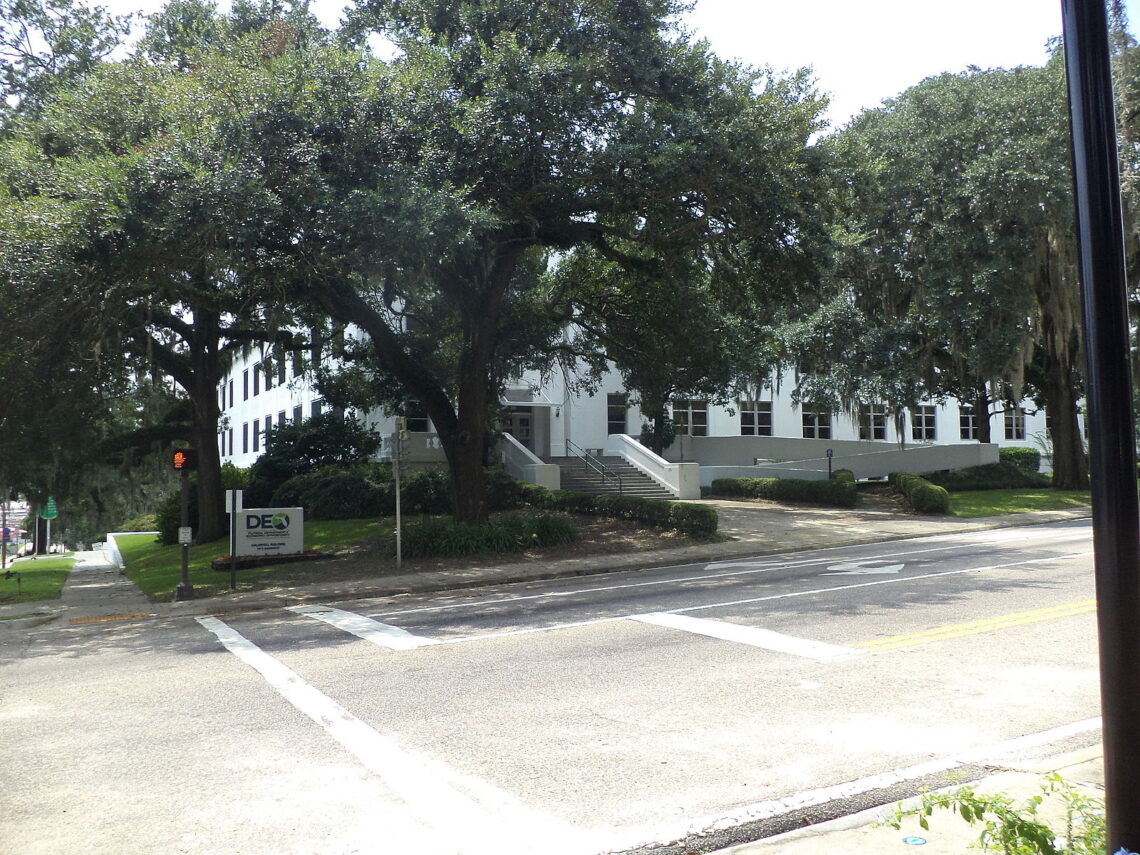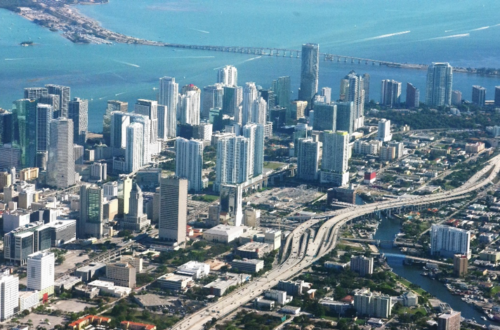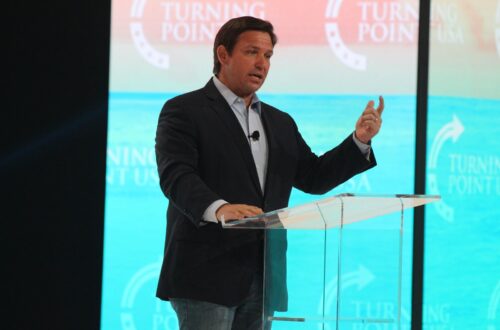Florida ranks 41st overall for workers during the pandemic, according to nonprofit Oxfam America’s special 2020 edition of their Best States to Work Index.
The report ranks the states, D.C., and Puerto Rico on how they have protected workers from impacts of the coronavirus. Based on policies in place between Feb. 15 and July 1, the ranking scores states in three areas: worker protections, health care and unemployment support.
Oxfam America is the U.S. affiliate of Oxfam, a global nonprofit organization dedicated to fighting poverty. The group has published the Best States to Work Index annually since 2018, and Florida has never fared particularly well, ranking 37th out of 51 in 2018 and 2019 (Puerto Rico was not included until 2020).
However, the state performed even worse relative to its counterparts during the pandemic, dropping four places in the 2020 ranking where the criteria was adjusted to reflect the circumstances of the pandemic.
Worker protections is the only policy area where Florida is in the top half of states, coming in 22nd in the category. The state lingers near the very bottom in the other two, ranking 48th for health care and 50th for unemployment.
Unemployment benefits in particular have been controversial throughout the pandemic, and the Oxfam scorecard reflects the state’s underwhelming response.
Of the criteria emphasized in that policy area, the only one Florida has fully enacted has been an eviction moratorium. The state partially fulfilled the increased food assistance criteria by waiving the job search requirement for the Supplemental Nutrition Assistance Program (SNAP).
Florida failed the other five unemployment policy criteria: relaxed eligibility, expanded unemployment benefits, expanded eligibility for undocumented workers, a utilities moratorium, and a rent grace period.
Kaitlyn Henderson, a senior researcher at Oxfam America, told the Miami Herald that Florida is “missing key components” in its social safety net. “There’s no paid leave, no expansion of Medicaid, very few COVID-level protections… and when it comes to unemployment there’s very little housing support,” Henderson said.
Beyond those policies, however, Florida has faced unique criticism for its broken unemployment system. Susan Houseman, research director at the W.E. Upjohn Institute for Employment Research, described the state as the “poster child” of poor administration, according to CNBC.
Workers have often had to wait months to receive benefits, and many more have been put on hold for hours or faced a crashing website when trying to contact the state’s Department of Economic Opportunity.
In addition, the recovery has been slow for Florida’s workers. According to analysis by WalletHub, Florida ranks second to last in jobs recovered since the start of COVID-19 with only Georgia placing behind.
The result will be more workers struggling for a longer time. Florida’s weekly unemployment payments are some of the lowest in the country with a maximum of $275 per week.
As Oxfam’s state scorecard notes, an average unemployment check accounts for just 14.4% of the cost of living. Both the average and maximum benefits in Florida are equivalent to less than the federal minimum wage of $7.25 an hour over a 40-hour work week, which is itself less than the state’s current minimum wage of $8.56 an hour.
While Florida scored better in health care, it was only slightly so, scoring points for its COVID-19 data but taking hits in the lack of expanded Medicaid and telehealth services.
The state’s best performance by far was in worker protections, driven by state-defined essential occupations, state assistance for small businesses, and workers being able to sue corporations over COVID-19 concerns.
However, the state failed to enact mandated paid sick leave, family leave, or pregnancy accommodations, and employees are not protected from a forced return to work. The absence of a mask mandate also hurt Florida’s worker protection score.
As the state continues to feel the impact of both the pandemic and the subsequent economic downturn, workers face a precarious situation. “If they’re not making those changes, what we’ll see is the continued disproportionate impact on communities of color and working women,” Henderson said.
Featured image: Florida Department of Economic Opportunity in Tallahassee. Unmodified photo by Michael Rivera used under a Creative Commons license. (https://bit.ly/2GBOdqz)





